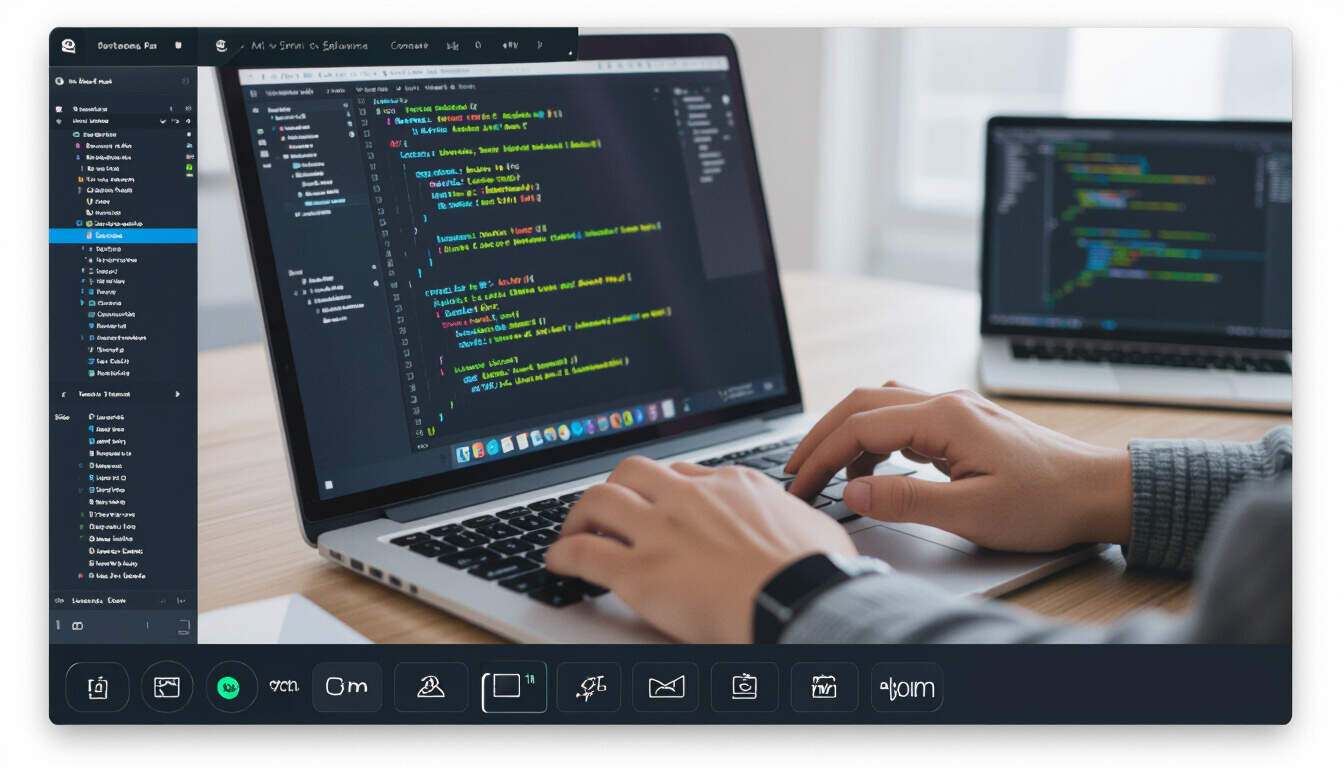Essential Version Control Strategies for Freelance Web Developers
 by Shanie Goodwin
by Shanie Goodwin
Discover how version control helps freelance web developers organize code and work smoothly on projects. This guide covers basic tools, strategies, and tips for beginners and intermediates to build reliable workflows and handle changes effectively.

Version control is a key part of any web developer's toolkit, especially for those working as freelancers. It allows you to track changes in your code over time, making it easier to fix issues and collaborate with clients or other developers. For beginners, starting with simple strategies can make a big difference in managing projects.
First, let's look at what version control means in practice. Version control involves keeping a history of your files, so you can see who made changes and when. This is particularly useful for freelance web developers who often juggle multiple projects. By using it, you can avoid losing work or overwriting important code.
One of the most common tools is Git. Git helps you create repositories where all your project files are stored. For freelance web developers, setting up a Git repository early in a project ensures that everything is organized from the start. You can use commands to commit changes, which saves snapshots of your work.
Now, consider branching strategies. Branching lets you work on new features without affecting the main code. For example, you might create a new branch for a client's specific request. This way, if something goes wrong, you can switch back easily. Branching keeps your main codebase stable while you experiment.
Merging is another important step. Once you've finished work on a branch, you merge it back into the main line. Freelance web developers often use this to integrate client feedback. It's a good idea to merge regularly to keep things up to date and reduce conflicts.
Setting Up Your Workflow
To get started, choose a platform to host your repositories. Options like GitHub or GitLab offer free accounts and make sharing code simple. For freelance web developers, these platforms also provide ways to showcase your work to potential clients.
Here are some practical steps to follow:
- Initialize a new repository for each project.
- Make regular commits with clear messages, like "Added login feature."
- Use pull requests if you're working with a team, even if it's just you and a client.
Ignoring files is also crucial. Not every file needs to be tracked. Configuration files or temporary data can clutter your repository. By using a .gitignore file, you can specify what to exclude, keeping your project clean and focused.
Handling Conflicts
Conflicts can happen when changes overlap. For freelance web developers, this might occur if a client makes edits directly. The key is to resolve them quickly. Git provides tools to compare versions and choose the right changes. Conflicts are normal, but learning to fix them builds confidence.
Backup strategies go hand in hand with version control. While Git saves your history, it's smart to have off-site backups. This ensures that if your computer fails, your work is safe. Many freelance web developers use cloud storage for this extra layer of protection.
Collaborating Effectively
As a freelancer, you might work with designers or other developers. Version control makes collaboration smoother. For instance, you can invite others to your repository and review their contributions. This helps maintain quality and ensures everyone is on the same page.
Tagging releases is a useful strategy. It marks specific points in your project's history, like when a version is ready for a client. Tagging allows you to go back to stable versions if needed, which is great for updates or bug fixes.
Building Habits for Long-Term Success
Over time, incorporating version control into your daily routine will become second nature. Start with small projects to practice. For freelance web developers, this habit can lead to more efficient work and fewer errors.
Remember to document your processes. Keeping notes on how you use version control can help you improve. Share these with clients to show them the value of your organized approach.
In summary, adopting solid version control strategies opens up opportunities for freelance web developers. It helps you manage code effectively, work with others, and deliver high-quality results. With consistent practice, you'll find it easier to handle projects and grow your skills.
For those just starting out, begin by learning the basics of Git and applying them to your next project. The benefits will soon become clear, paving the way for a successful career in web development.
